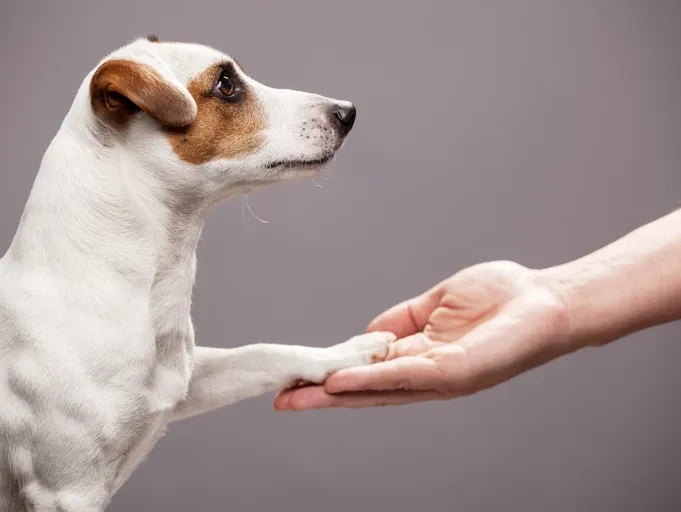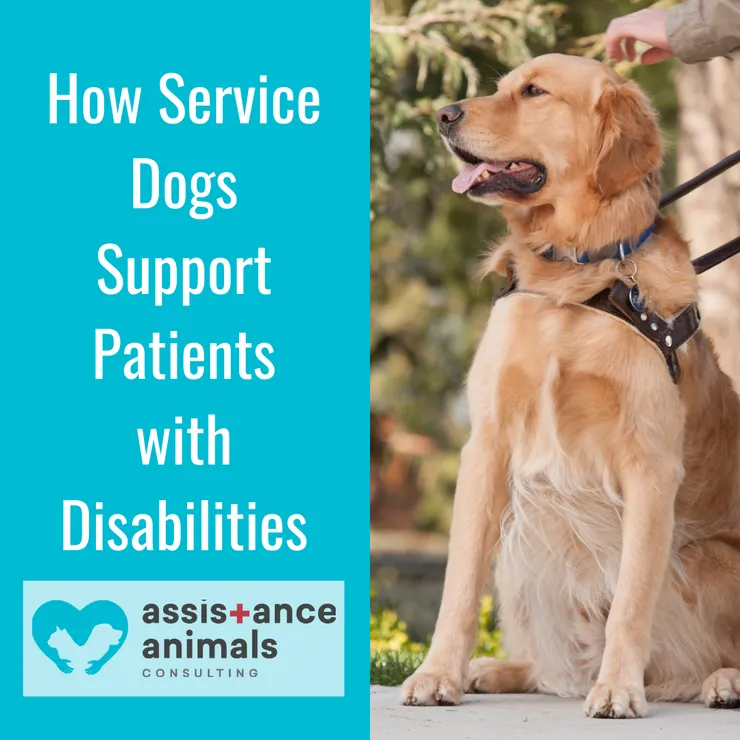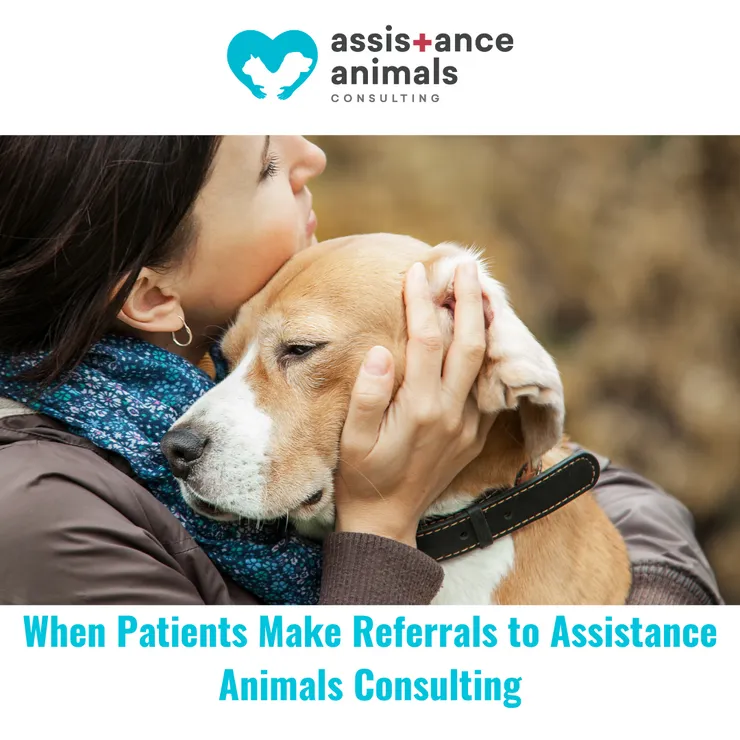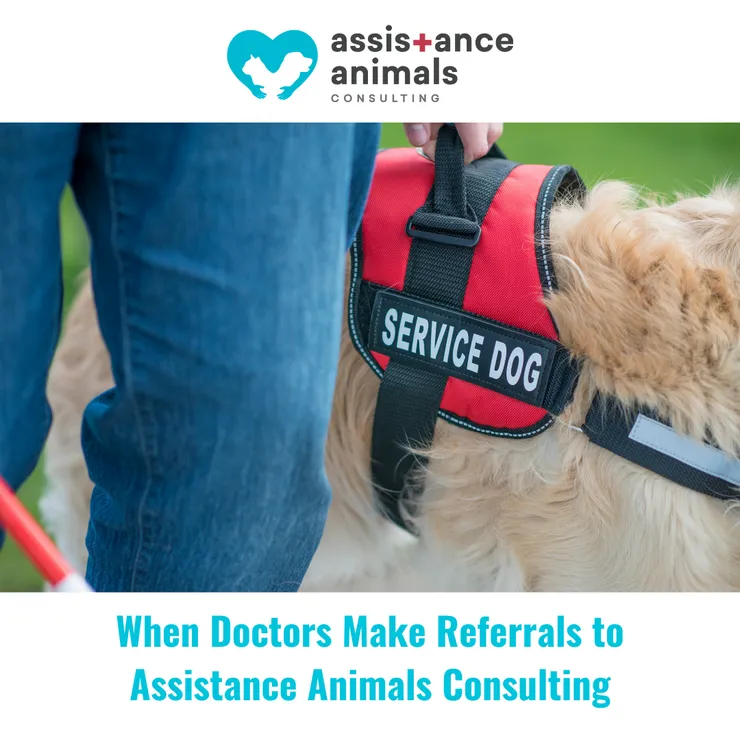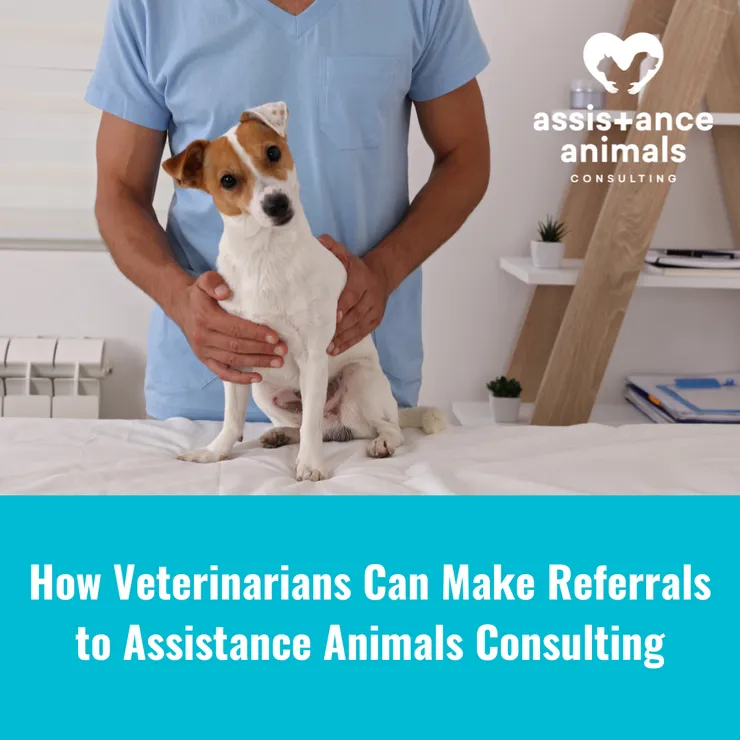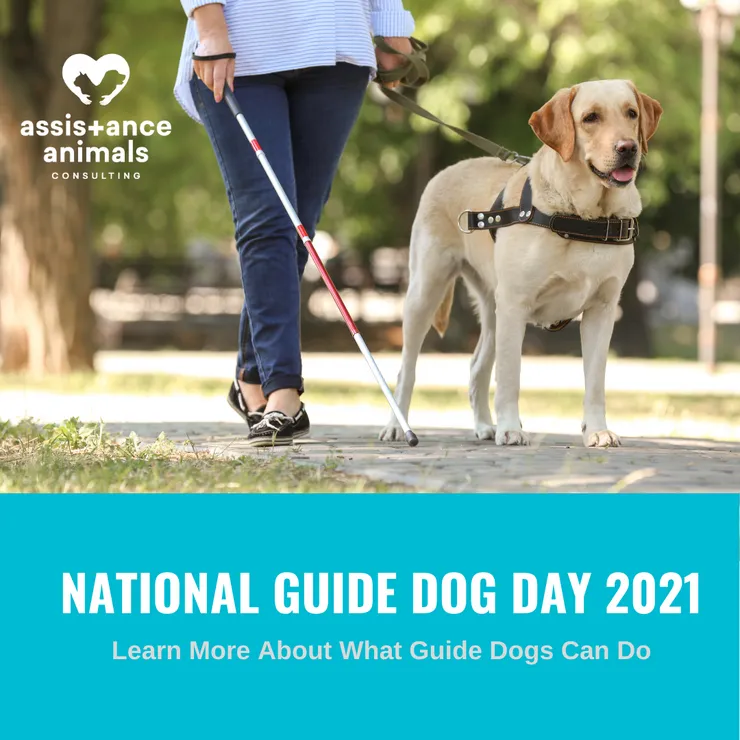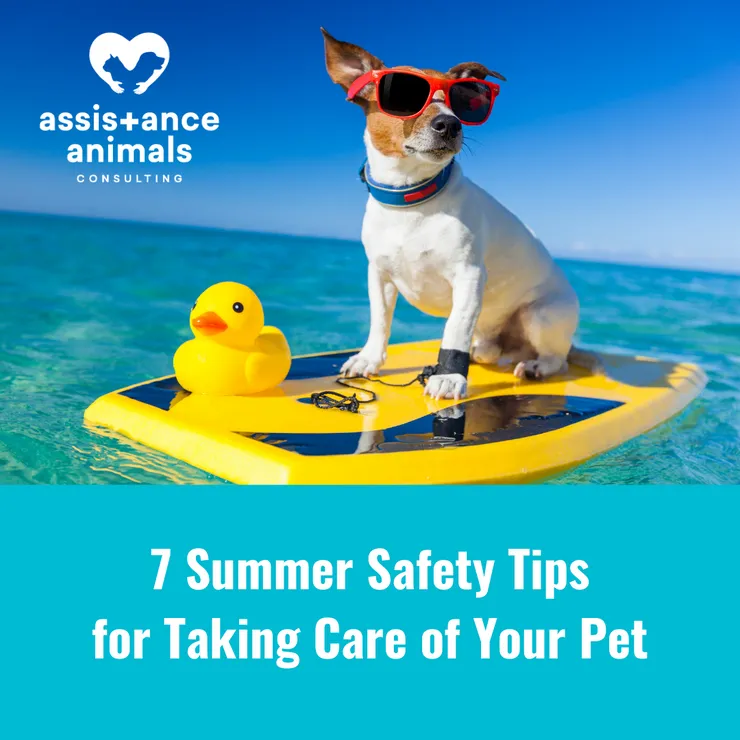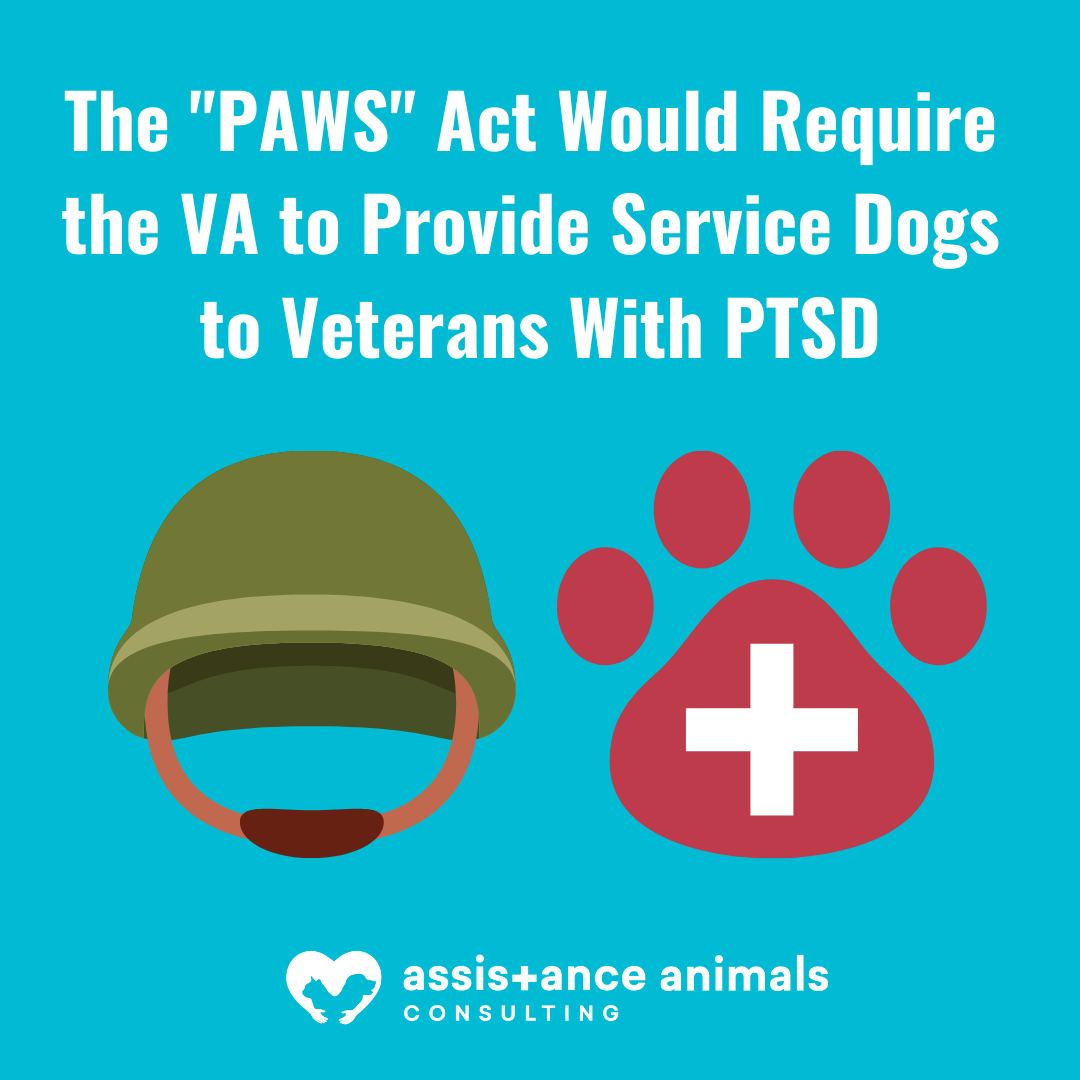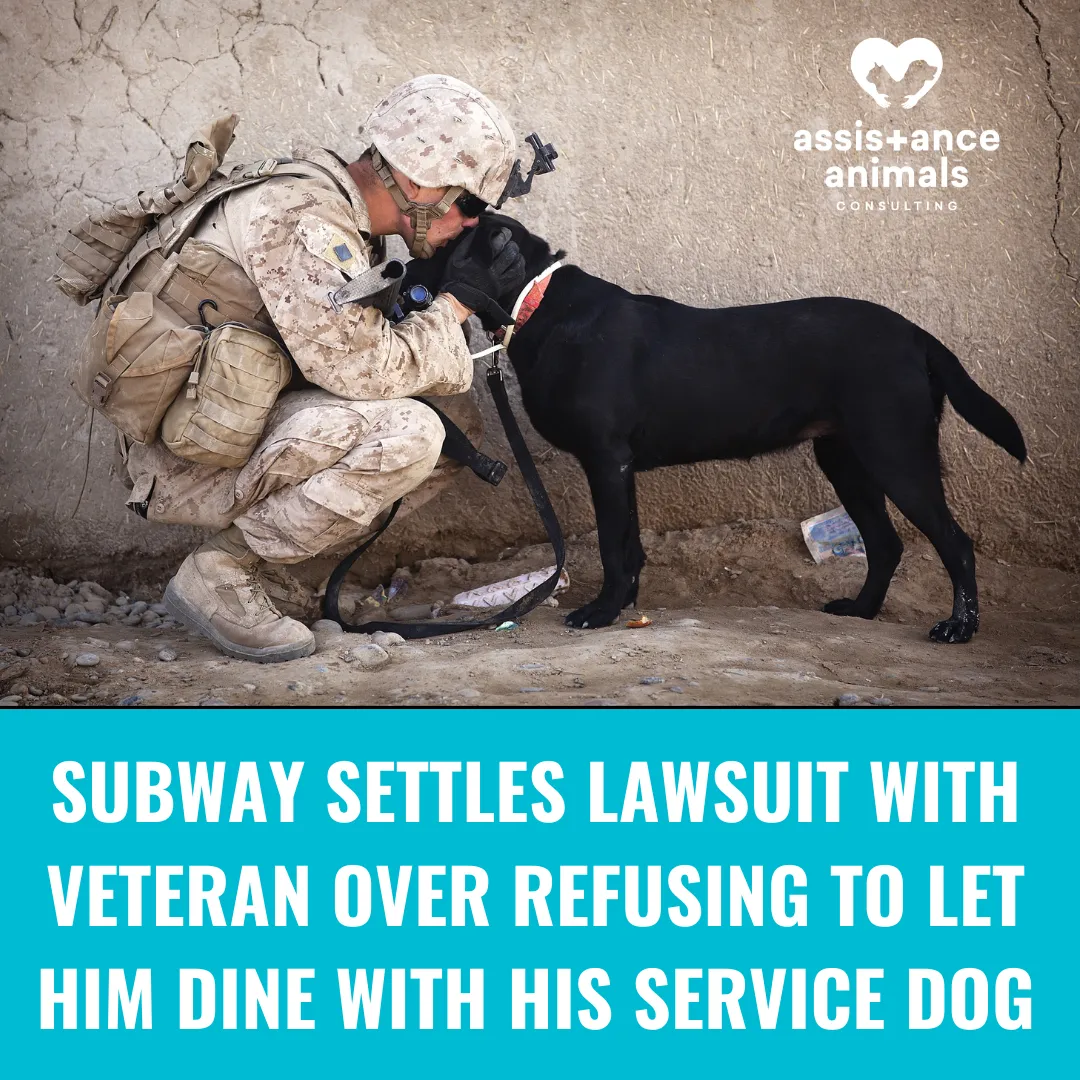Reason #1: To help develop a healthy Human-Animal Bond
A veterinarian can help guide you to a reputable trainer, who utilizes sound training techniques that create a positive experience for the dog, which is helpful with developing a strong human-animal bond. When selecting a dog training program, it is important to select a trainer who utilizes a reward-based technique as the basis of training. This type of training program utilizes positive reinforcement for good behavior as the primary system to support learning of the training techniques. Research has shown aversion therapy or using physical punishment methods as the technique for training produces fear in the dog and creates the potential for the dog to become fearful and potentially aggressive. Training techniques which utilize punishment, can also exacerbate the unwanted behavior and decrease the development of a positive human-animal bond. Reward based training makes the training process enjoyable for the dog; and also helps to facilitate a healthier human-animal bond.
Reason #2: To evaluate and assess the effectiveness of the Human-Animal Partnership
A veterinarian can provide human-animal evaluations. This is an assessment of the working animal’s ability to provide a specific response, to support the handler’s disability. A human-animal partnership is a relationship when an animal (i.e dog) is paired with a human (i.e handler) with the goal to improve the emotional, psychological or physical health and well-being of the handler. This relationship should be beneficial to both the handler and the dog. When training a dog that will be used to support specific medical needs of an individual such as seizure alert, diabetic alert or autism support, it is imperative to partner with a veterinarian to ensure the dog is appropriately trained to assist with these important medical task. It is critical; and in some cases a matter of life or death, to have a dog trained to respond appropriately for vital medical task. Partnering with a veterinarian will not only help in supporting the mutual benefit of the human-animal bond, it also allows for a more comprehensive approach when determining the effectiveness of a dog task trained, to provide specific medical support, in a human-animal partnership.
Reason #3: To reduce the risk of being taken advantage of by bad trainers
A veterinarian can reduce the risk of you being taken advantage of by poor training practices. Some of these risks include, but are not limited to poor training practices (i.e. aversion techniques), financially expensive investment for poor quality or no results, or receiving an untrained dog. Some training practices induce fear behaviors, which create a dog that is fearful of different environments and people. Training dogs to support specific medical needs of individuals with disabilities is becoming a financially lucrative business. Purchasing a dog that is trained for responding to a specific medical task can cost a minimum of 20K or more! Unfortunately, individuals are in this business who will take advantage of people that are in desperate need of a medical support service dog. These individuals will promise they can train a dog for specific medical tasks and require payments of dogs that have not been shown to produce the behaviors needed for medical support! To reduce the chances of being taken advantage of by these dog trainers with questionable business practices, it is best to partner with a veterinarian who can guide you to a reputable trainer.
Assistance Animals Consulting
Training is an important part of a dog's life. It provides mental stimulation, which helps to keep your dog happy. Using a reward based training method is a great positive reinforcement tool to reward good behavior. When a dog is trained well, it is more mentally and physically happy and healthy. Good training also helps to improve and strengthen the human-animal bond. I highly recommend using a veterinarian as a referral source to find a reputable trainer. Veterinarians are the medical professionals who can most appropriately assist with reducing your chances of being taken advantage of by trainers with poor business practices. Last but not least, as it relates to assistance animals such as service dogs or emotional support animals, the veterinarians at Assistance Animals Consulting, specialize in human-animal evaluations. By utilizing our veterinarians, it helps to assist in determining if a dog is task trained appropriately; is adequately trained to support an individual with a critical medical disability, especially those with medical alert service dogs.
Assistance Animals Consulting, we collaborate, evaluate, educate and advocate for successful human animal partnerships and interactions. As veterinarians, we want to ensure optimum functioning of the human and animal partnering team; and create successful human-animal interactions. As your veterinary partners, we apply the contributions of the veterinary profession to provide education, training and guidance specific to supporting individuals using assistance animals. Contact us; let’s talk about how we can support you!
Happy Dog Training Education Month!!
#LetsTalkTuesday
#AssistanceAnimalsConsulting
#DrRhesaHouston

